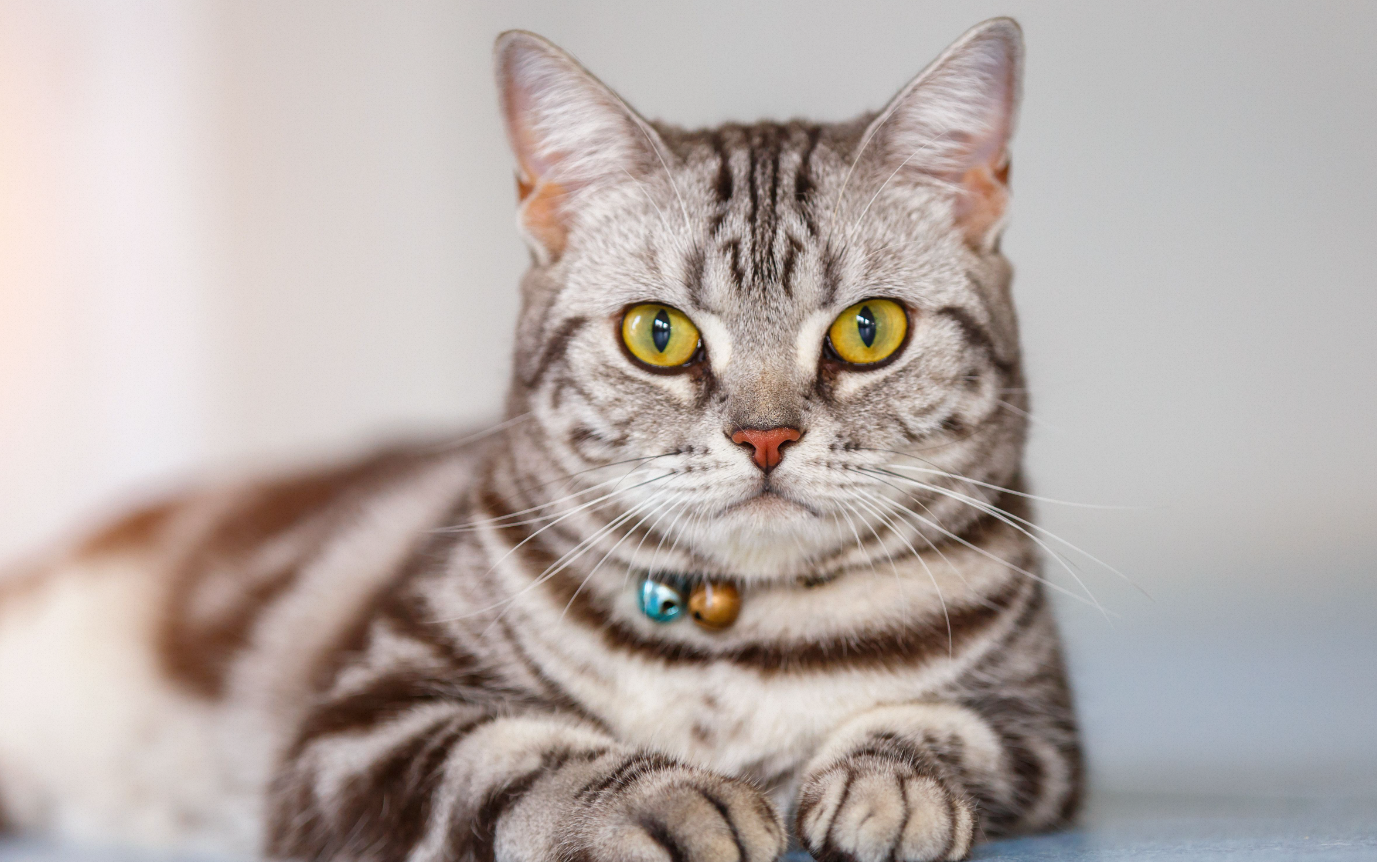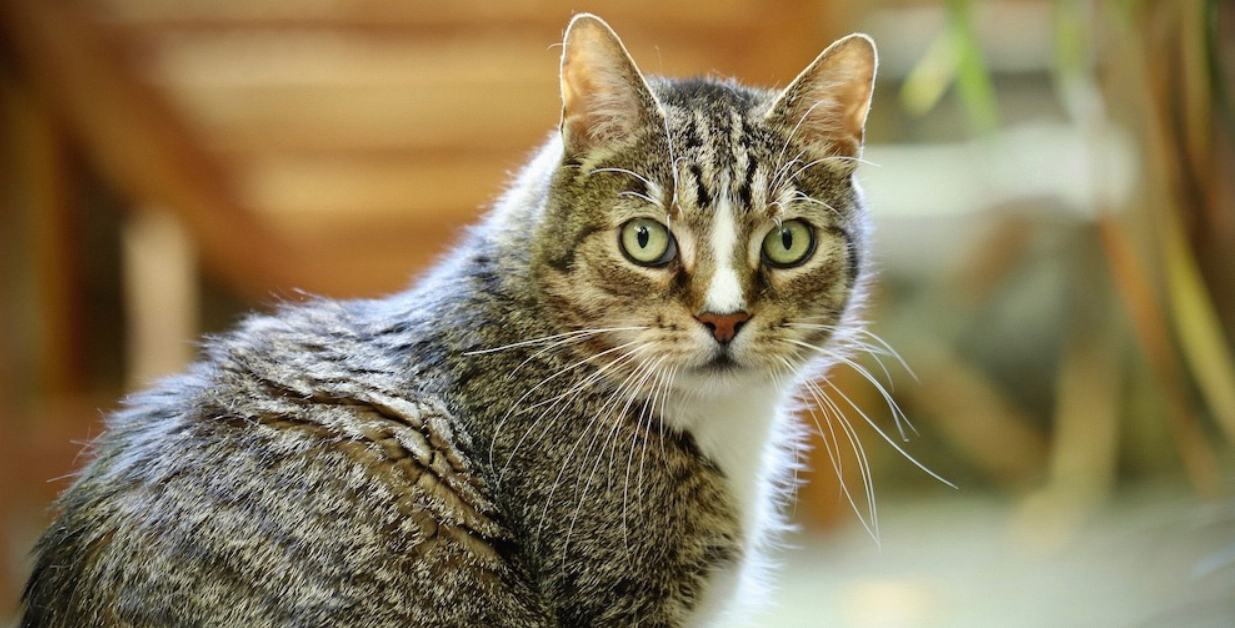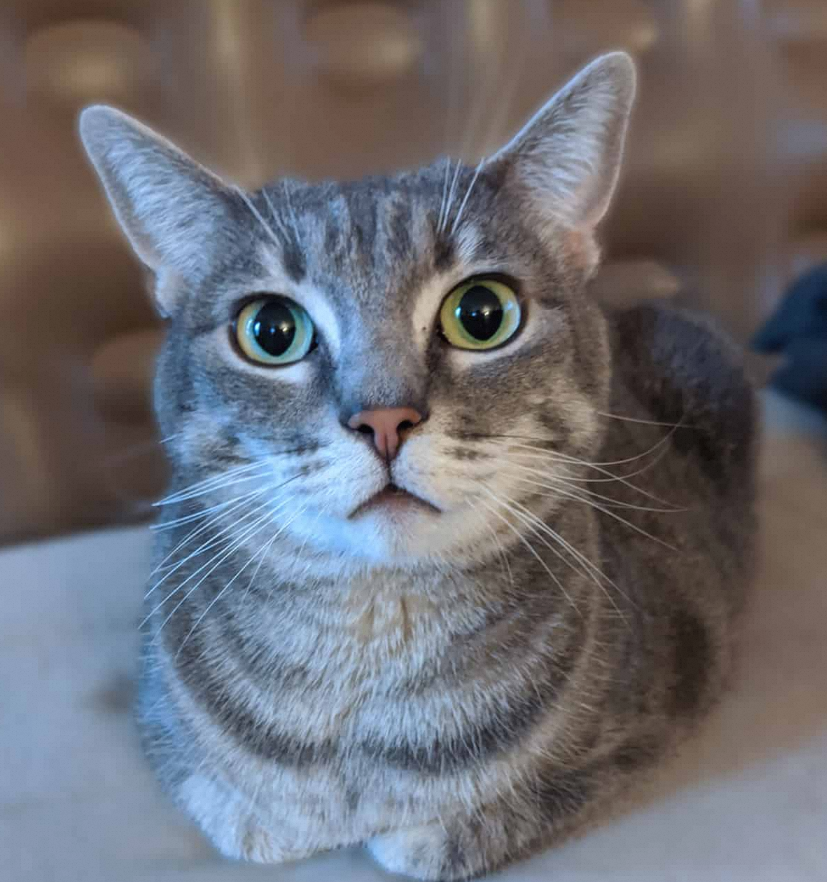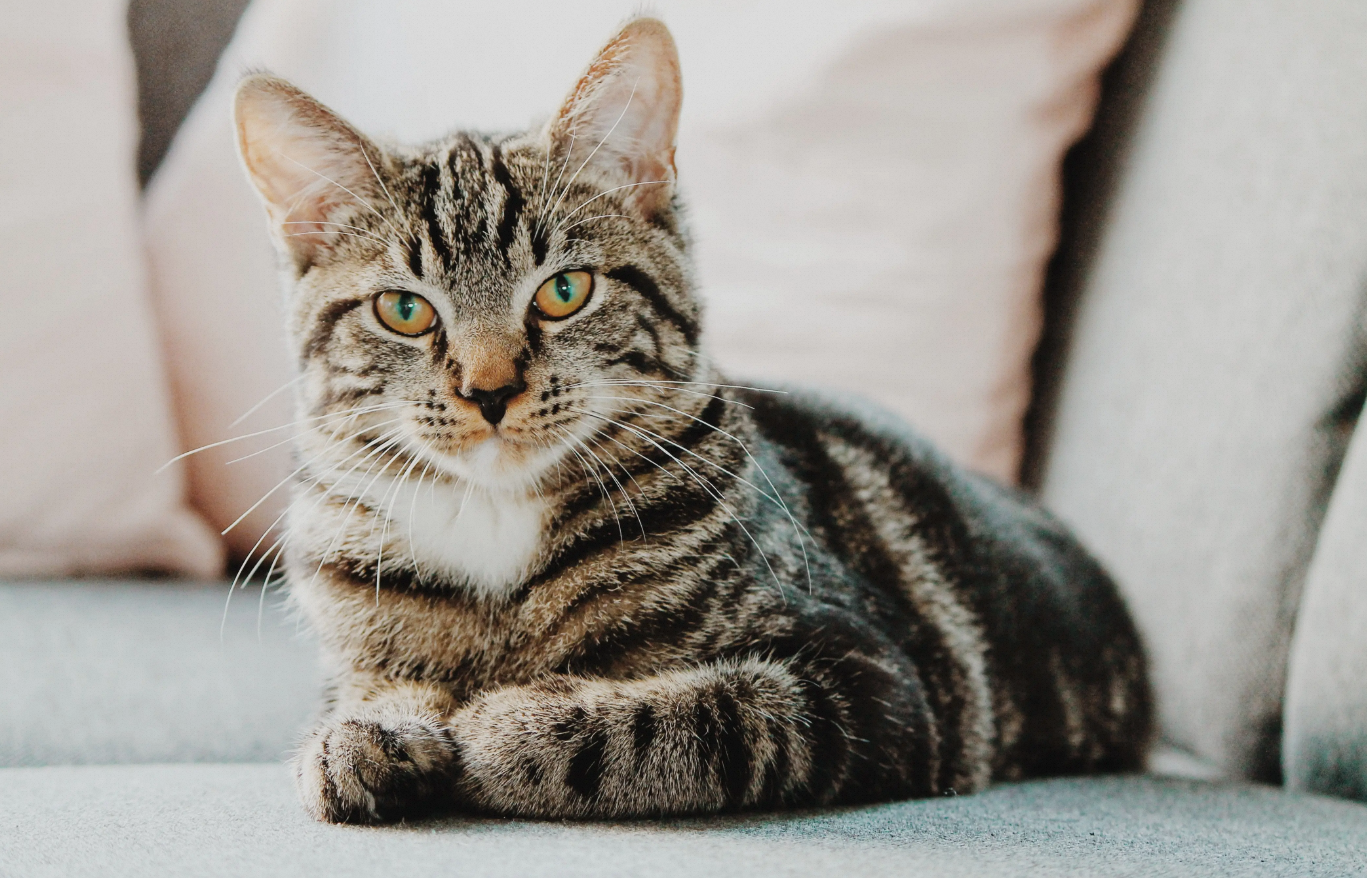The domestic shorthair cat is referred to as the “everyday cat”. They hold a special place in the hearts of many cat lovers worldwide. These charming cats are known for their diverse appearances. In this blog, we will explore their unique characteristics and provide advice about their health and care. Whether you’re a seasoned cat owner or considering to add a furry friend to your family, please join us to learn more about the domestic short-haired cat.
In This Article
About the Domestic Shorthair Cat
The Domestic Shorthair is also known as DSH, a breed that com in a wide range of cats with various colors, sizes, and statures. They are not bred for specific traits, but rather are a result from natural selection. The physical characteristics of domestic shorthairs vary widely because of the mixed lineage and genetic diversity.
 Coat: As the name shows that domestic shorthairs have short coats. So they don’t need too much grooming. The fur is dense and lies to their bodies closely. Also, the coat comes in a wide variety of colors and patterns, including tabby, solid, tortoiseshell and more.
Coat: As the name shows that domestic shorthairs have short coats. So they don’t need too much grooming. The fur is dense and lies to their bodies closely. Also, the coat comes in a wide variety of colors and patterns, including tabby, solid, tortoiseshell and more.
Size: Domestic shorthairs come in various sizes, ranging from small to medium. Their build is sturdy and muscular overall.
Body Structure: Domestic shorthairs have a well-proportioned body with a strong skeletal structure. Their legs are of medium length and look agile and graceful. The paws are rounded and compact.
Tail: The tail of a domestic shorthair is of moderate length and thickness. It tapers to a rounded shape and enhances their overall balance and coordination.
Weight: The weight of a domestic shorthair cat is varied depend on genetics, diet, and lifestyle. On average, they typically range from 8 to 12 pounds, but some can be smaller or larger.
How long can a Domestic Shorthair cat live?
On average, a Domestic Shorthair cat can live between 12 to 20 years. However, it’s important to note that individual lifespans will vary depending on genetics, overall health, diet and exercise.
 With proper nutrition, regular veterinary check-ups and a healthy lifestyle, many Domestic Shorthairs can live well into late teens or even reach early twenties. You will find that Domestic Shorthairs can live longer, especially when they are kept indoors and they can receive proper care.
With proper nutrition, regular veterinary check-ups and a healthy lifestyle, many Domestic Shorthairs can live well into late teens or even reach early twenties. You will find that Domestic Shorthairs can live longer, especially when they are kept indoors and they can receive proper care.
Domestic Shorthair Cat personality
Domestic Shorthair cats are known for their diverse personalities. While individual temperaments can vary, here are some common traits found in these beloved kittens.
Friendliness: Domestic Shorthairs are famous for their friendly and sociable nature. They tend to be affectionate and enjoy being around their owners. Many Domestic Shorthairs are known to be people-oriented and form strong bonds with human families.
Adaptability: These cats are adaptable to different environments and lifestyles. Whether in a lively household or a quieter setting, they have the ability to adjust themselves as if they are at home. This adaptability makes them suitable for a variety of living situations.
 Playfulness: Domestic Shorthairs often retain the playful nature well into adulthood. They enjoy interactive play sessions and it can be quite entertaining with their agility and athleticism. Providing them with toys, puzzle feeders, and opportunities for play will help keep them mentally stimulated and physically active.
Playfulness: Domestic Shorthairs often retain the playful nature well into adulthood. They enjoy interactive play sessions and it can be quite entertaining with their agility and athleticism. Providing them with toys, puzzle feeders, and opportunities for play will help keep them mentally stimulated and physically active.
Intelligence: Despite their mixed breed status, Domestic Shorthair cats are known to be intelligent creatures. They can quickly learn and adapt to new situations, making them trainable and receptive to positive reinforcement-based training methods.
Independence: While Domestic Shorthairs are generally sociable and enjoy human company, they also have an independent streak. They appreciate having their personal space and can entertain themselves when needed.
Compatibility: Domestic Shorthairs tend to get along well with children, other cats, and even dogs, provided they are properly introduced and given time to acclimate. Their friendly nature and adaptability often make them excellent companions in multi-pet households.
Caring for Domestic Shorthair Cats
Domestic Shorthair cats are generally robust and healthy cats due to their mixed breed nature. However, like all cats, they still require proper care and attention to maintain their overall well-being. Here are some important aspects of health and care to consider:

Veterinary Care: Regular veterinary check-ups are crucial for the health of your Domestic Shorthair. Schedule annual wellness exams to monitor their overall health, receive vaccinations, and address any potential health concerns. Cats should also receive preventive treatments for parasites such as fleas, ticks, and worms.
Balanced Diet: Provide your Domestic Shorthair with a high-quality and balanced diet that suits their age, activity level, and any specific dietary requirements. Consult with your veterinarian to determine the right type and amount of food to feed your cat. Avoid overfeeding and monitor their weight to prevent obesity, which can lead to various health issues.
Hydration: Ensure that fresh and clean water is always available to your cat. Encourage regular water intake, as proper hydration is important for their overall health and the prevention of urinary tract problems.
Grooming: Domestic Shorthairs have short coats that require minimal grooming. Regularly brush their fur to remove loose hair and minimize shedding. Additionally, check their ears, teeth, and nails regularly and address any issues or abnormalities as needed. Dental health is particularly important, so consider providing dental treats or engaging in tooth brushing to maintain oral hygiene.
Environmental Enrichment: Provide plenty of mental and physical stimulation for your Domestic Shorthair cat. Offer toys, scratching posts, climbing structures, and interactive playtime to keep them engaged and entertained. Regular exercise is important to prevent weight gain and promote overall well-being.
 Preventive Measures: Ensure that your cat receives appropriate vaccinations, including core vaccines recommended by your veterinarian. Follow a regular schedule for deworming and flea/tick prevention. Spaying or neutering your cat is also recommended to prevent health issues and unwanted pregnancies.
Preventive Measures: Ensure that your cat receives appropriate vaccinations, including core vaccines recommended by your veterinarian. Follow a regular schedule for deworming and flea/tick prevention. Spaying or neutering your cat is also recommended to prevent health issues and unwanted pregnancies.
In conclusion, domestic shorthair cats are a versatile and beloved breed known for their diverse appearances, adaptable personalities, and overall companionship. They have short coats that require minimal grooming and come in a wide variety of colors and patterns. Domestic shorthairs are generally friendly, sociable, and adaptable, making them suitable for different households and lifestyles. With proper care, nutrition, regular veterinary check-ups, and a stimulating environment, they can live a long and healthy life. Consider adopting a domestic shorthair cat and experience the joy and companionship these amazing felines bring to our lives.
